Short Nonfiction Collection Vol. 031
Fifteen short nonfiction works in the public domain, independently chosen by the readers. Topics include the Faust Legend, Stephen Crane, Sundials and the Statue of Liberty. [chương_files]
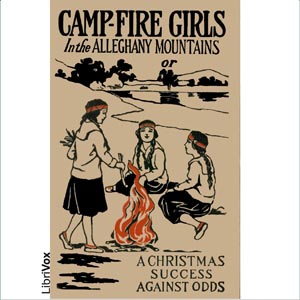
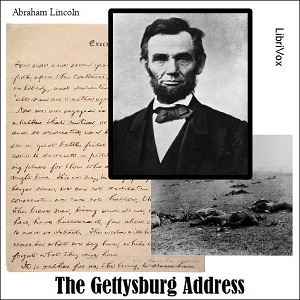
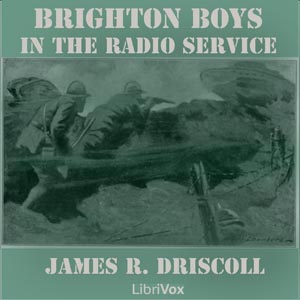
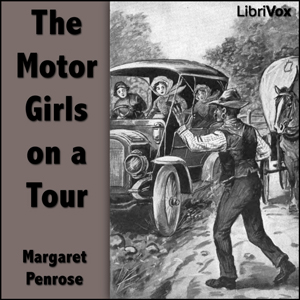
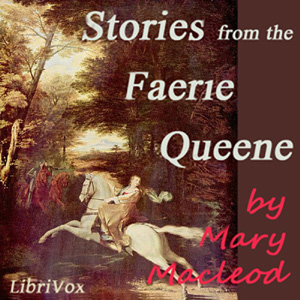
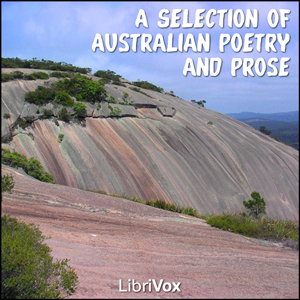
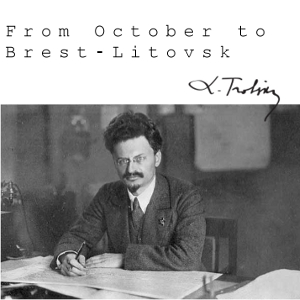
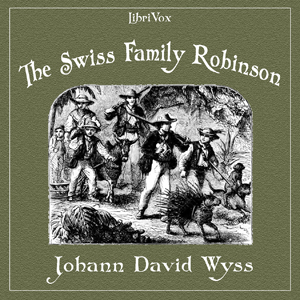
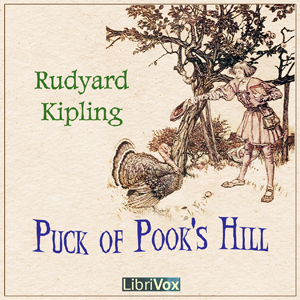
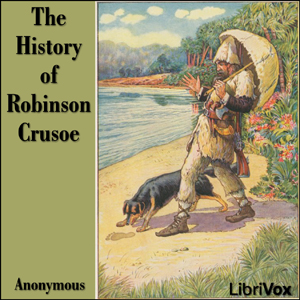
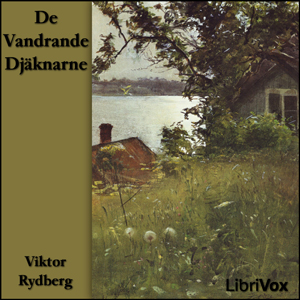
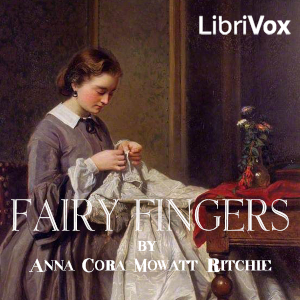
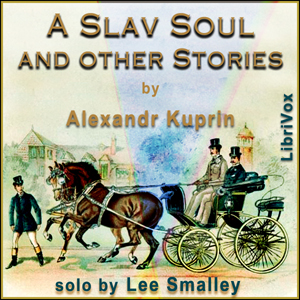
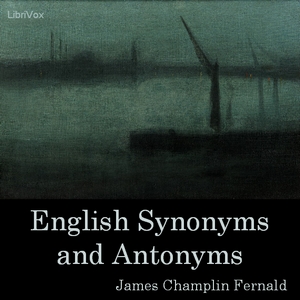
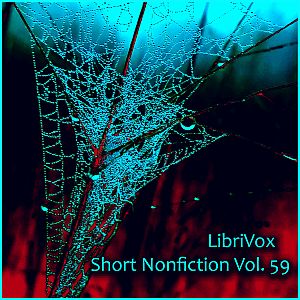
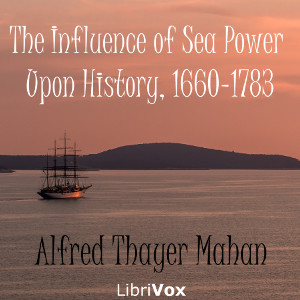
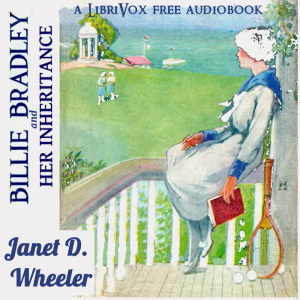
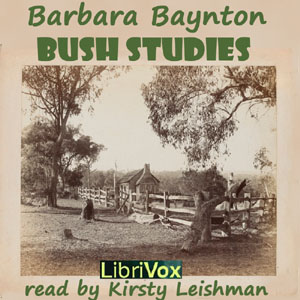
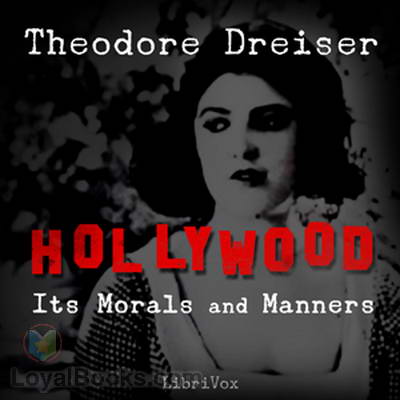
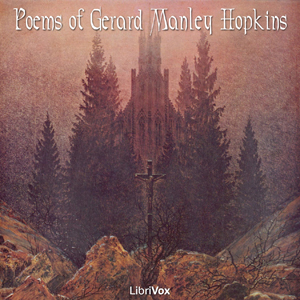
Fifteen short nonfiction works in the public domain, independently chosen by the readers. Topics include the Faust Legend, Stephen Crane, Sundials and the Statue of Liberty. [chương_files]
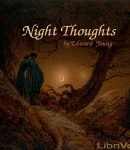
A book-length poem, often associated with the Graveyard School of poetry, musing upon life and death. – Summary by Karen Joan Kohoutek [chương_files]
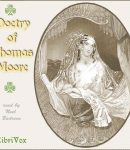
The Dubliner, Thomas Moore, born in 1779 was a poet, composer, musician, and writer. He is most famous for the 10 volume work “Irish Melodies” published between 1807 and 1834 with Sir John Stevenson, which consists of 130 of his poems set to music, much of it based on old Irish airs. “The Last Rose of Summer” and “The Minstrel Boy” are two of the most well known. Many of these “Melodies” are included in this collection. He is perhaps most infamous for having burned, at the request of the Byron family, the manuscript of Byron’s memoirs which Bryon had left to him for publication after his death. During his lifetime, his reputation as a poet placed him alongside Byron and Scott and Shelly. His narrative poem Lalla Rookh for example was possibly the most translated poem of the time and earned him £3000, what was till then the highest price paid by an English publisher for a poem. This collection contains a version of the poem but without the linking or “framing” prose sections. A lovely edition of the full poem can be found here https://archive.org/details/lallrookhanorien00mooruoft with illustrations by Sir John Tenniel. Moore was an Irish Nationalist and turned down the post of “Irish Poet Laureate” as he felt it would require him to tone down his outspoken Irish national politics. Despite this, he counted the Regent – later King George IV as one of his patrons. Moore died on February 25, 1852 and though much of his work […]
Eighteen short nonfiction works in the public domain, independently chosen by the readers. Topics include the discovery of X-rays, earthquakes, Hegel, Sir William Osler, Charles William Eliot, Oscar Wilde, Charles Sumner, Monica Lewinsky, and Anita Loos; the Lincoln highway, joys of gardening, goldfish, skunk raising, and the cultivation of tobacco. “Earthquakes” was co-authored by Louis Pakiser. [chương_files]
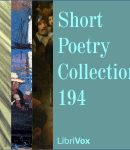
This is a collection of 51 poems read in English by LibriVox volunteers for July 2019. [chương_files]
This is a collection of short pieces, poetry or prose, fiction and non-fiction, in several different languages. All chosen and recorded by Librivox volunteers. Brief description of the contributions: 01 Japanese – Natto Gassen by Kikuchi Kan (1888-1948) [1919] – Key words: prose, fiction, children, fermented soybeans 02 Japanese – Shikino e by Natsume Soseki (1867-1916) [1911] – Key words: prose, non-fiction, painting 03 Japanese – Carmen by Akutagawa Ryunosuke (1892-1927) [1926] – Key words: prose, fiction, Tokyo, theater 04 Japanese – Sanbikino Kogumasan by Murayama Kazuko (1903-1946) [1931] – Key words: prose, fiction, children, bears 05 Japanese – Nakunatta Ningyo by Ogawa Mimei (1882-1961) [1918] – Key words: prose, fiction, children, doll 06 Polish – Latarnik by Henryk Sienkiewicz (1846-1916) [1881] – Key words: prose, opowiadanie, tęsknota, emigracja 07 French – Suicides by Guy de Maupassant (1850-1893) [1883] – Key words: prose, fiction, suicide, suicides, letter, lettre 08 Polish – Świtezianka by Adam Mickiewicz (1798-1855) [1899] – Key words: ballad, legend, love, betrayal, water nymph, temptation 09 Japanese – Abuno Orei by Yumeno Kyusaku (1889-1936) [1925] – Key words: prose, fiction, children, horsefly 10 Japanese – Amedama by Niimi Nankichi (1913-1943) [1933] – Key words: prose, candy, children, mother, samurai 11 Japanese – Shoshuno ichinichi by Natsume Soseki (1867-1916) [1912] – Key words: prose, non-fiction, early autumn 12 Polish – Tchórz na wyborach by Jean de la Fontaine(1621-1695) translated by Adam Mickiewicz (1798-1855) [1893] – Key words: fable, bajka, zwierzęta, wybory 13 Japanese – Yuubinkyoku by Hagiwara Sakutaro (1886-1942) […]
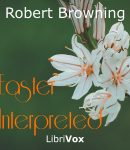
Robert Browning is still well-known today as a distinguished English poet. His poetry is still widely read, recited, and taught in schools. In this little volume, Rose Porter has compiled a collection of his poems concerning Easter. – Summary by Carolin [chương_files]

This is a volume of late poetry by Australian poet Henry Kendall, published in 1880. The poems in this volume are prime examples of the style for which Kendall was famous, describing the Australian nature and landscape in poetic detail. Wikipedia quotes the Sydney Mail writing: “Sad songs though many of them be, they are full of great thoughts and lofty aspirations. You may dislike them because they are not all chanted in unison with the bright noontide hymn; but you cannot deny that they are all of the music that floats high above the level of earthly grossness, and that sings, if sometimes among clouds, yet always far above the spires and mountains, although these are loftier than the level of the unbroken plains beneath.” – Summary by Carolin [chương_files]
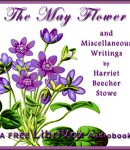
Included herein are 35 charming short stories or humorous sketches, some written as exercises for the literary Semi-Colon Club of Cincinnati which Stowe belonged to for years, others published in magazines of the time, and 7 religious poems. Stowe honed her expressive skills on many of these before writing her first serious novel, Uncle Tom’s Cabin, and 30 other books that followed. They showcase her considerable skill even as a young writer, and she made good money doing it, often supporting her family. This collection, named after a flower native to the east coast, likely the Anemone hepatica, or ‘May flower’, should not to be confused with another collection by Stowe, The Mayflower, which provides sketches of several descendants of the Pilgrims. – Summary by Michele Fry [chương_files]
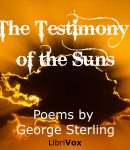
This is the first published volume of poetry by Californian author and poet George Sterling. These poems are the beginning of Sterling’s great career as a poet, and include a number of poems in the style for which he would become famous. That style is dark and with supernatural elements, in the tradition of Thomas Hood and Edgar Allan Poe. – Summary by Carolin [chương_files]
Copyright © 2024 | FreeAudible